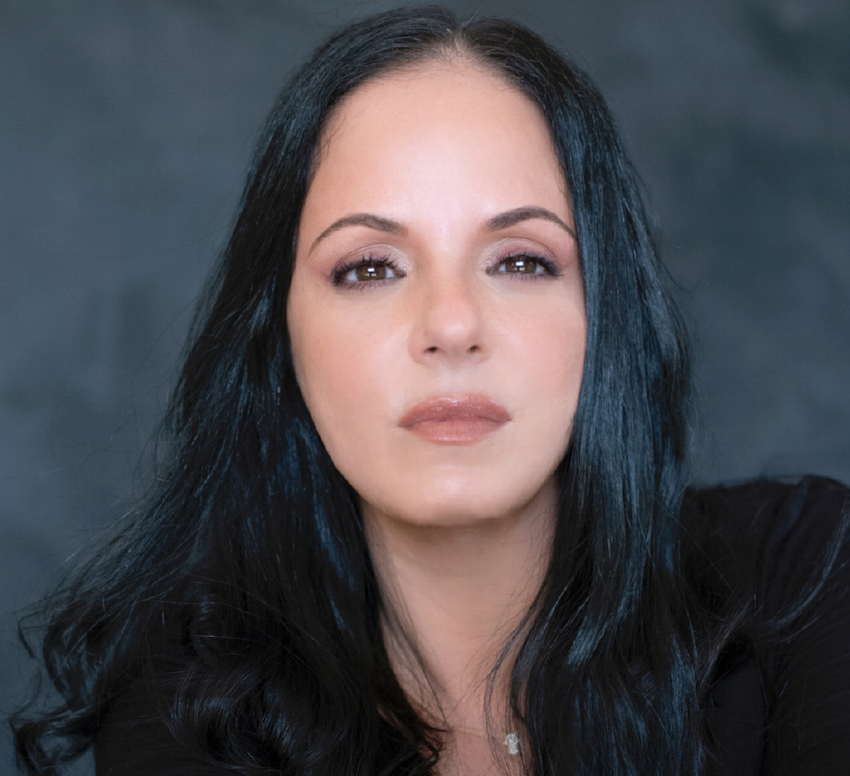A Cayman Islands-based journalist who wrote an article examining the impact of the COVID-19 pandemic on the mental health of teenagers, has won the PAHO/CDB/CBU Award “Celebrating Responsible Coverage of Mental Health and Psychosocial Support During Covid-19”.
Daphne Ewing-Chow was adjudged winner in the print category of the competition, which was open to participants in a virtual training series, ‘Reporting during the Covid-19 pandemic’, hosted by the Pan American Health Organisation (PAHO) and Caribbean Development Bank (CDB), in collaboration with the Caribbean Broadcasting Union (CBU).

Participants were invited to submit television, radio and print entries covering topics explored in the webinars, specifically mental health and psychosocial wellbeing, stigma and discrimination, and domestic violence during the Covid-19 pandemic.
Ms. Ewing-Chow’s winning article, ‘Mental health professionals voice looming concerns for Cayman teens’, earned her a cash prize of US$500 and a certificate. It was the only entry across all three categories that met the criteria of the four-member judging panel.
The report, published on January 26, 2021 on the online news website Loop Cayman, featured the personal experiences of teens in the Cayman Islands who were feeling the psychological impact of Covid-19 lockdown measures. It also provided insight from experts and offered tips for supporting teenagers struggling with mental health challenges.
“Ms. Ewing-Chow incorporated real experiences with a well-balanced mix of quotes from specialists and service providers, data, resources, and tips to highlight mental health concerns and the need for psychosocial support for young people during the pandemic,” said chief judge Denise Shepherd-Johnson, retired Chief of Communications with UNICEF, who assessed the entries along with Britta Baer, PAHO; Lothar Mikulla, CDB, and Enrico Woolford, Director at Capitol News, Guyana.
Ms. Ewing-Chow, a Barbadian who works as content manager at Loop Cayman, said she was ecstatic about winning the award, particularly as she was very passionate about the subject on which she wrote.
“To be recognised for it is especially meaningful to me because it’s saying that I am impacting others, that my passion is impacting others. To be able to win an award from organizations such as the three that were involved, is something that would help to raise the awareness of this issue,” Ewing-Chow said.
The objective of the PAHO/CDB/CBU training series was to provide tools to help communicators practice responsible coverage of the Covid-19 pandemic, using evidence-based information. It also aimed to encourage journalists to provide advice and solutions that can help reduce health risks and save lives in the pandemic, with a focus on mental health, psychosocial wellbeing, and domestic violence.
“It was good to learn about the multifaceted approach to dealing with this issue, not just to raise the issue and to bring out some statistics, but to also say ‘this is what you can do now to address this issue if this is affecting you personally, or if you know somebody who is being affected by this issue’. That, to me, is critical,” Ewing-Chow noted.
Congratulating the journalist on her award, Elisa Prieto, Advisor, Non-Communicable Diseases and Mental Health at PAHO, said the organization thanked all participants and hoped to continue offering journalists the tools to report on issues responsibly. “We really hope that the engagement we had last year is the start of stronger relationships and a stronger partnership with media, where we really look at solutions journalism – the idea of working with journalists who really deliver the solutions and information that help people make better and more informed decisions,” Prieto said.
Deidre Clarendon, Chief, Social Sector Division, CDB congratulated Ewing-Chow on a compelling piece that gave voice and visibility to the impact of the pandemic on youth and their mental health, as well as pertinent information on available mental health support services. “There can be no resilient countries without resilient people; this work underscores the importance of responsible reporting, particularly in challenging times and the role of our Caribbean journalists in these efforts,” Clarendon highlighted.
More than 300 journalists and health communicators from across the Caribbean participated in the training series.










![.[L-R] Parliamentary Representative for Castries Southeast, Lisa Jawahir & Talk show host, Timothy Poleon](https://thevoiceslu.com/wp-content/uploads/2026/02/Lisa-Jawahir-Timothy-Poleon-380x250.jpg)
![Public Service and Utilities Minister Stephenson King delivered remarks [Photo credit: VP]](https://thevoiceslu.com/wp-content/uploads/2026/02/Stephenson-King-380x250.jpg)

